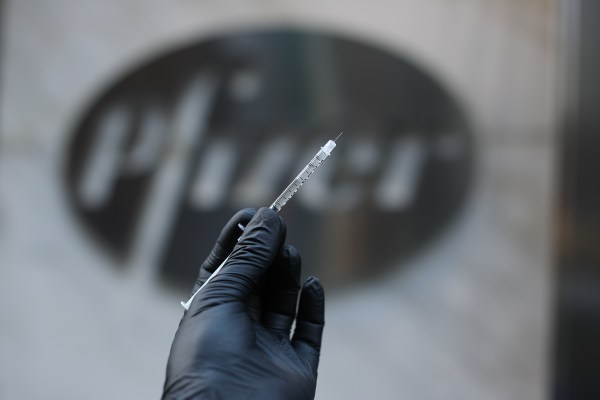Two of the companies behind one of the leading COVID-19 vaccine candidates will seek approval from the U.S. Food and Drug Administration for emergency use authorization (EUA) of their preventative treatment with an application to be delivered today [Update: Pfizer confirmed the application was submitted as promised later Friday afternoon]. Pfizer and BioNTech, which revealed earlier this week that their vaccine was 95% effective based on Phase 3 clinical trial data, are submitting for the emergency authorization in the U.S., as well as in Australia, Canada, Europe, Japan and the U.K., and say that could pave the way for use of the vaccine to begin in “high-risk populations” by the end of next month.
The FDA’s EUA program allows therapeutics companies to seek early approval when mitigating circumstances are met, as is the case with the current pandemic. EUA’s still require that supporting information and safety data are provided, but they are fast-tracked relative to the full, formal and more permanent approval process typically used for new drugs and treatments that come before they’re able to actually be administered broadly.
Pfizer and BioNTech’s vaccine candidate is an mRNA-based vaccine that essentially provides a recipient’s body with instructions on how to produce specific proteins to block the ability of SARS-CoV-19 (the virus that causes COVID-19) to attach to cells. The vaccine has recently been undergoing a Phase 3 clinical trial, that has included 43,661 participants so far. The companies are submitting supporting information they hope will convince the FDA to grant the EUA, including data from 170 confirmed cases from among the participants, and safety information actively solicited from 8,000 participants, and supplementary data from another 38,000 that was passively collected.
While production is ramping globally for this and other vaccines in late-stage development, and EUA will potentially open up access to high-risk individuals, including frontline healthcare workers, it’s worth pointing out that any wide vaccination programs likely aren’t set to begin until next year, and likely later in 2021.
